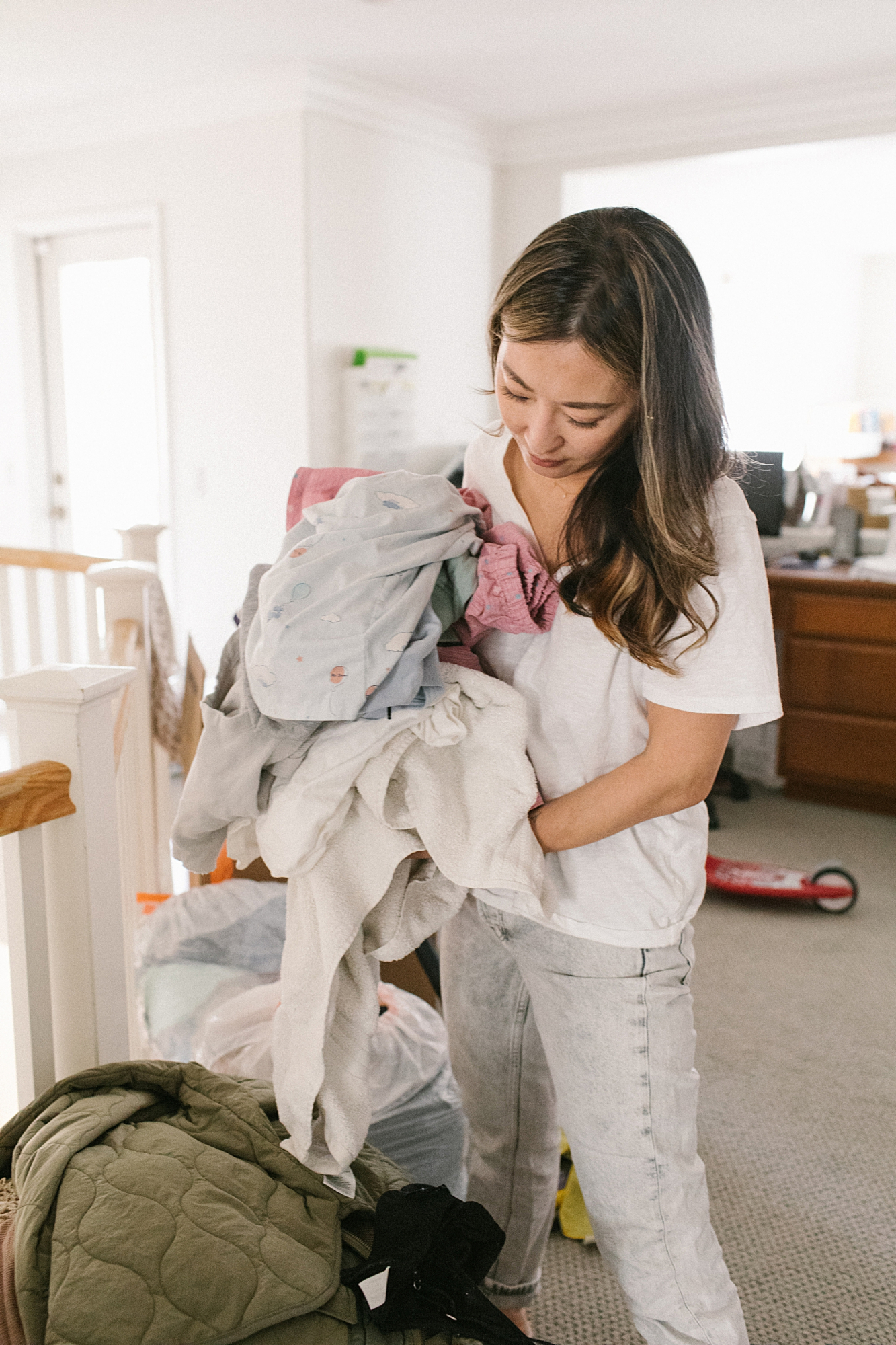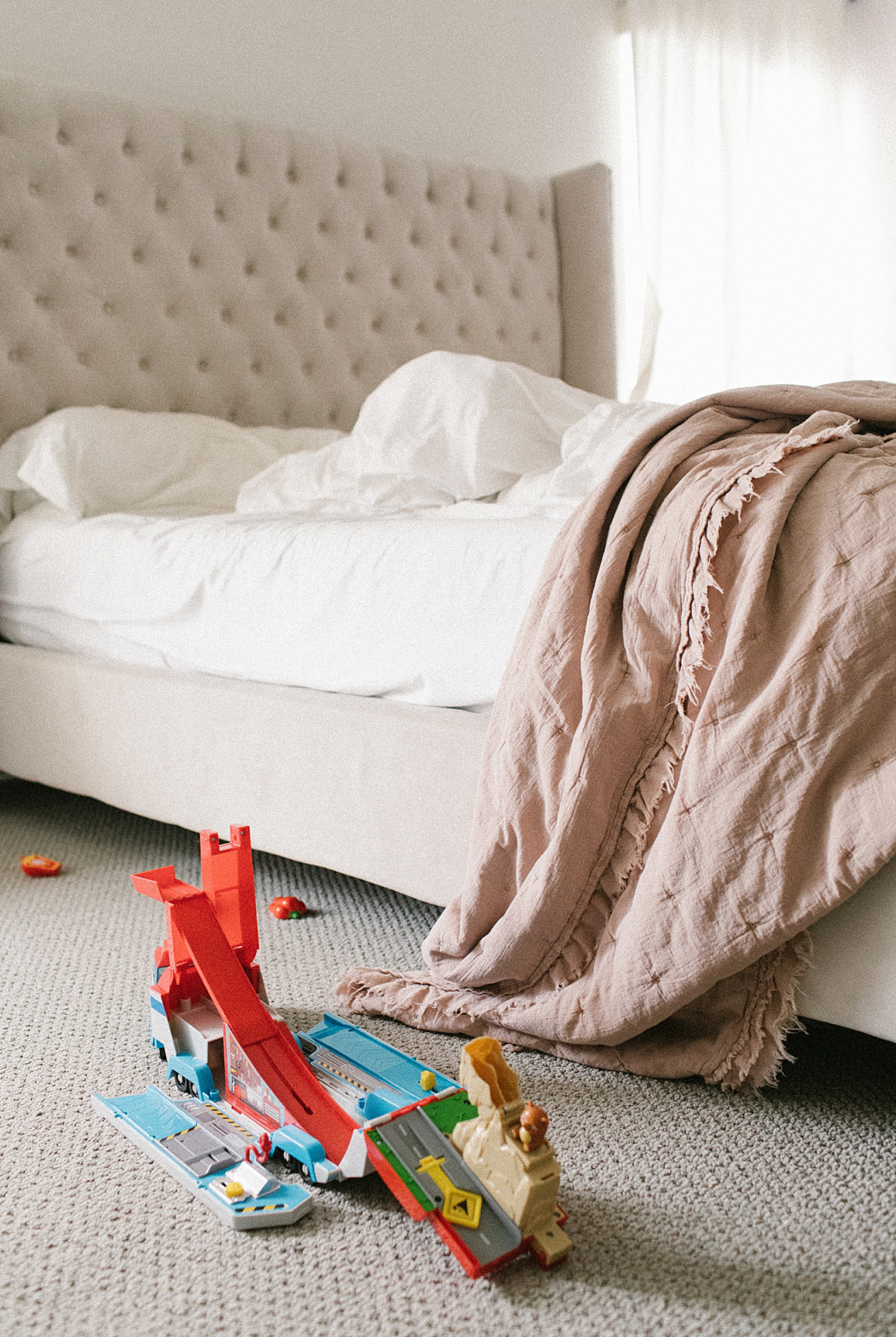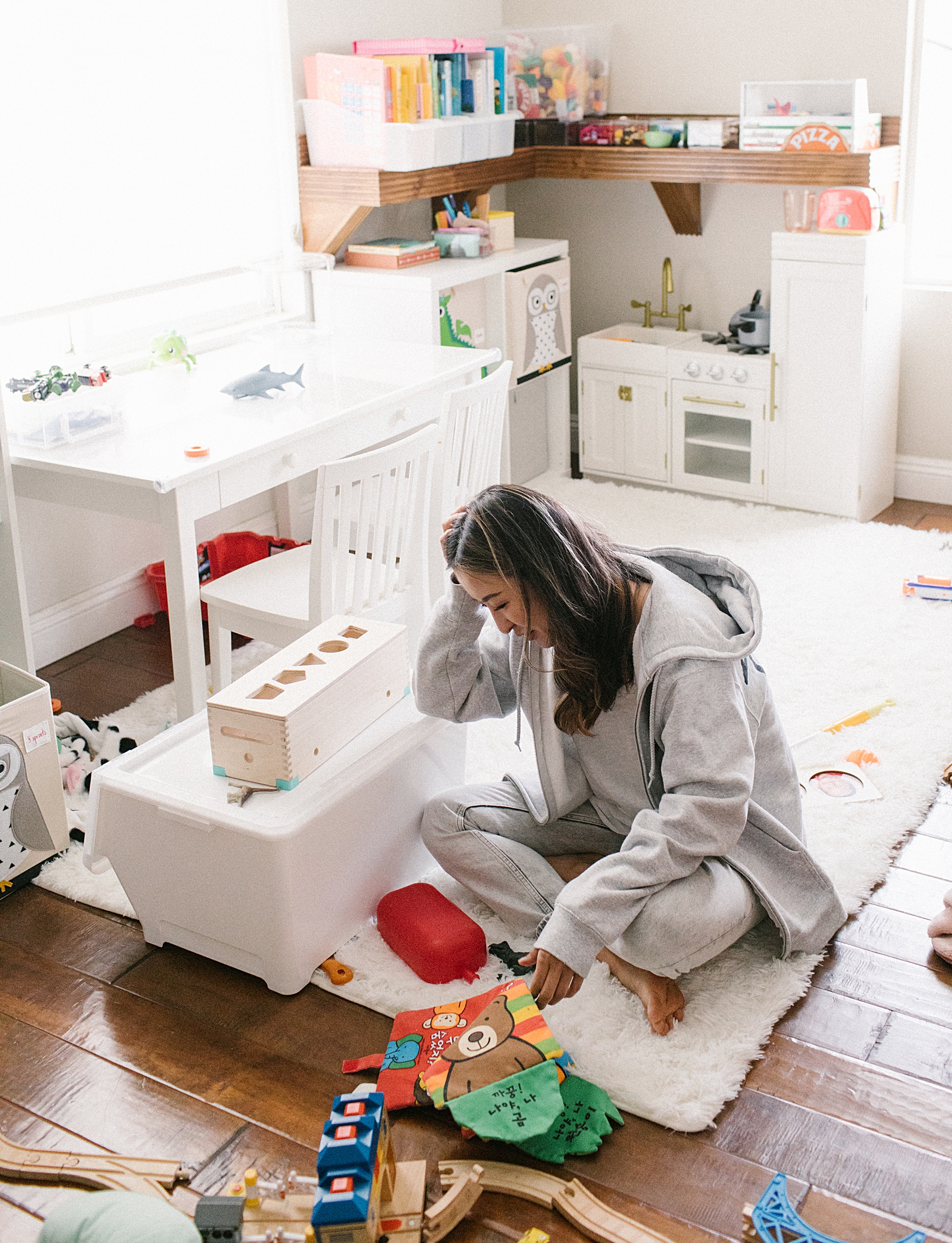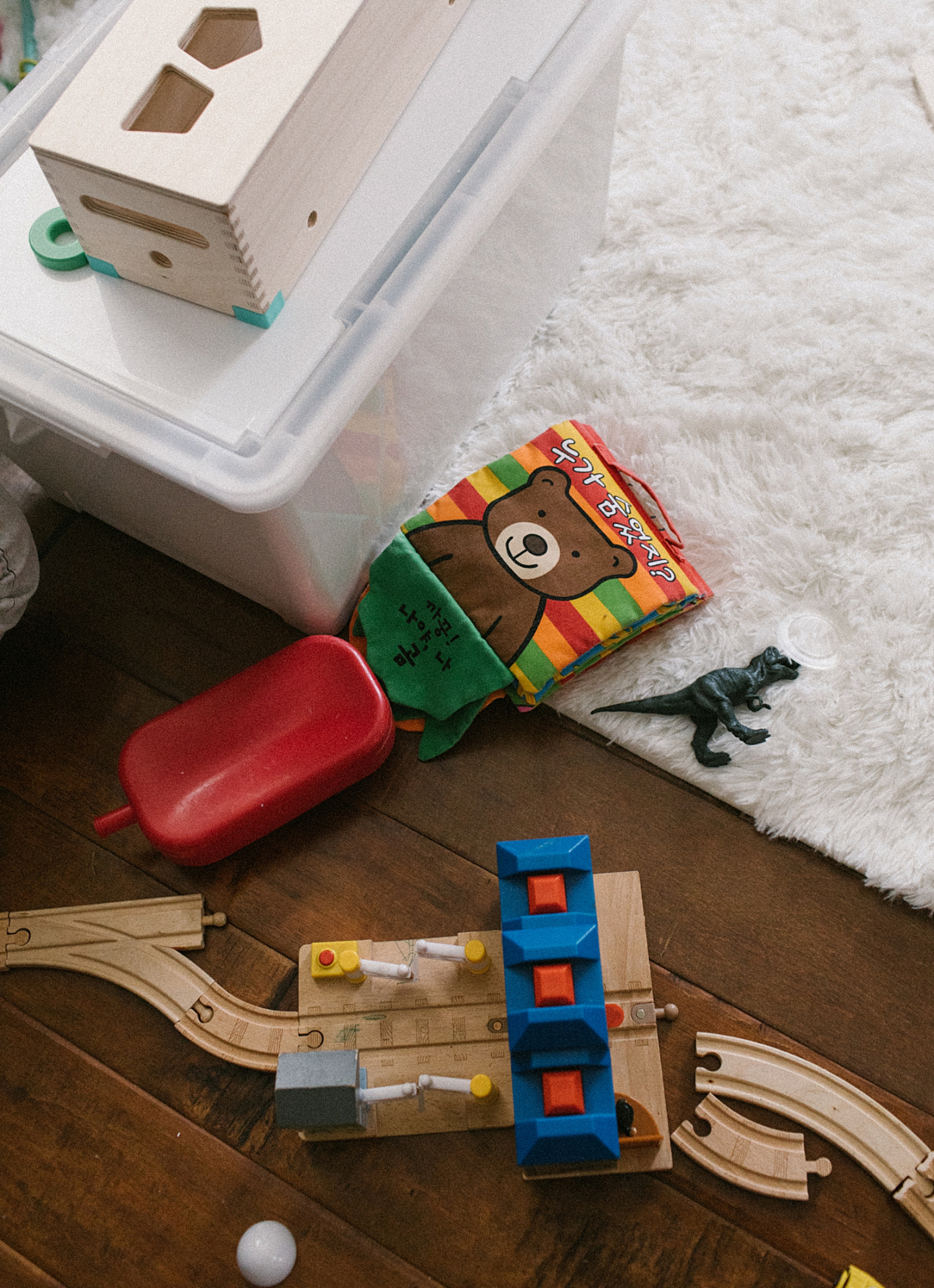 This post is sponsored by responsibility.org. As always, all opinions are my own.
This post is sponsored by responsibility.org. As always, all opinions are my own.
Mom Burnout, Maternal Gatekeeping and Cost of Martyr Mode
Mom burnout. What does it look like for you?
We just returned from an amazing family trip to Hawaii. I know this is privilege that many families don’t have and I feel incredibly lucky to have spent some time reconnecting with my family in a beautiful paradise like Oahu.
But the reality is, traveling with kids is fun and adventurous but not relaxing. And I’m now paying the price of family travel by doing 10 loads of laundry for the family. I’m EXHAUSTED yet I feel like I can’t complain because at least I got to travel, right?

Why does it feel like for moms, there’s always something waiting for us right around the corner? We really try hard to give ourselves time and space for self-care, whether that’s lunch with girlfriends or family travel, then we’re thrown right back into the realities of motherhood that makes us feel stressed, burdened and guilty.
It’s an endless cycle of motherhood, which has been further magnified since the pandemic.


Betrayal of burnout: Who is responsible for the burnout? Moms or the system?
In many ways, the pandemic taught us what happens when the systems we rely on fail us. When my son’s preschool shut down, I was now left with an active preschooler AND a newborn at home without any help. I couldn’t hire an occasional baby-sitter. And I couldn’t rely on my older kids who were struggling themselves with virtual classes and lack of socialization with friends.
Even my house cleaner whom I’ve relied on for the past 4 years for help, had to stop working due to having her own 4 children at home.
I now had the same workload but with extra need for cooking, cleaning and childcare without the ability to send my kids to school or ask for help. My income slowed like many mothers around the world who lost their jobs or were forced to leave their jobs to become full-time caretakers of their children.
The pandemic highlighted just how unfair and unforgiving the patriarchal system is to mothers.

Maternal Gatekeeping
I recently had an enlightening discussion with Dr. Lakshmin, psychiatrist, author and founder of @womenshealthdoc about maternal gatekeeping. She explains maternal gatekeeping as “inflexibility and too much anxiety to let it go and let a partner handle it their way.”
This hit a nerve with me because I too, do this in my home. Despite the fact that both my husband and I work, I do more housework than him. When we had outside help it was easier for me to manage as I was able to get the help I needed from babysitters and cleaners. But note, I was the manager and keeper of my home, not my husband.
When the outside help stopped, I became solely responsible for taking on the extra work and mental load. I didn’t even expect help with house chores like laundry, cleaning and dishes from my husband. Because he isn’t used to doing them and I felt it won’t be done right. So instead of asking or waiting for him to do them, I’ll do it myself, adding to my own anxiety and burnout.
Dr. Lakshmin explains that the goal is for both caregivers to develop their own identity as parents and build a relationship with the child. One parent can’t and shouldn’t control how the other parent is doing this with the child.
Today I’m a lot more mindful of this and asking more help from my husband until I can get the right systems in place again.

The Cost of Martyr mode
In addition, she explains “martyr mode” as a way of “making yourself smaller and smaller in the service of your child” because that feels noble at first. But that “it ultimately leads to resentment, bitterness and mental health issues of your own.”
You can read more about my postpartum depression stories to learn how I became a martyr without even realizing it. Only after I was diagnosed with postpartum depression did I realize that the cost of martyr mode is high, not only for myself but for my entire family.
Some tools and solutions
As a tool, Dr. Lakshmin recommends ACT: Acceptance and commitment therapy. We all struggle with difficult thoughts and with cognitive diffusion, you learn how to create space for difficult thoughts and feelings.
Feelings are not the problem, they are the solution!
Our mind is a container of thoughts and feelings but none of them have to define us. We can accept and process our thoughts and feelings yet still make a decision that we know is best for us.
Be more flexible, give yourself more grace. You most likely do so for everyone else around you! For example, you can say “I can feel guilty but still make the choice that is right for me and my family.” Let go of the “right choice” trap and watch how you talk to yourself.
Most importantly, don’t turn to alcohol as a coping mechanism to escape your tough feelings and thoughts. As this can lead to a healthier you and prevent your own children’s underage drinking.
These days, I’m giving myself more grace by learning to live in a messy home even though it bothers me a lot. I’m taking more deep breaths, prioritizing tasks, accepting my limits and still loving myself through it all.
I hope you’re doing the same.
Thank you responsibility.org for partnering with me for this invaluable discussion. You can learn more about their work by clicking here.

